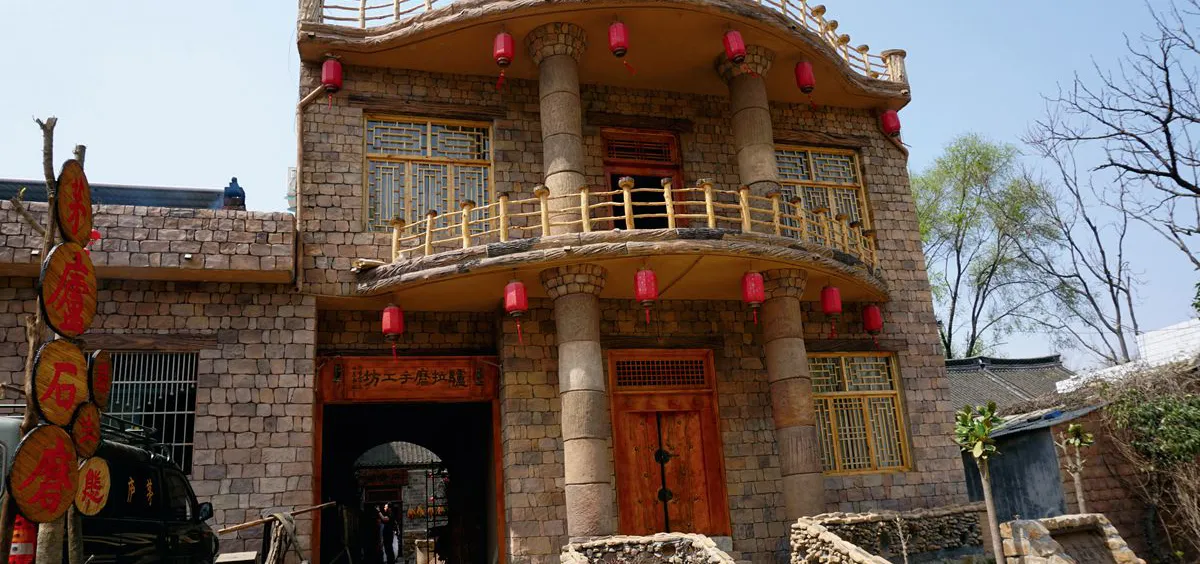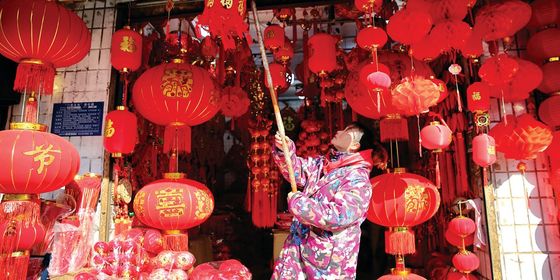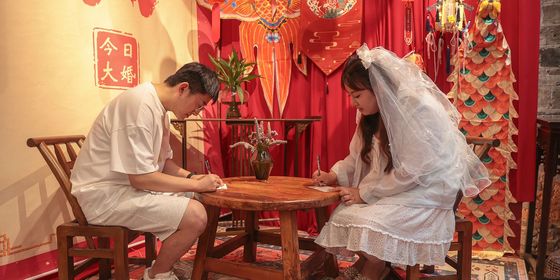The construction boom in vacant village homes
“Empty Nests” is part of our cover story, Home Bound, which explores Chinese society’s ever-evolving views of home and homecoming in an urbanizing age
In China, the term “ghost town” usually conjures up images of eerie untenanted apartment blocks in suburban city districts, built for a housing boom that will perhaps never come. But over 50 percent of houses in villages are estimated to be empty, counting those that are only tenanted for a week or two during national holidays—and a number of these homes are new.
Although the countryside has lost over 100 million permanent residents in the last decade, in 2011, the Ministry of Housing estimated that China was gaining 700 to 800 million square meters of new rural housing per year. Believing that the trend will continue in the next decade, the ministry proposed to regulate the size and style of new, privately-built rural homes so that they do not encroach on farmland or change the traditional aesthetics of the village.
Culture is partly responsible for this construction boom. The traditional notion of “leaves returning to roots” means that many migrant workers aspire to have a comfortable retirement option in the village, even if they must leave the place empty until then. The Ministry of Housing identified “competition” as another factor—a new home, taller and more ostentatious than the neighbors’, perfectly shows off the fruits of one’s toil in the city.
Then there are more practical reasons: Villagers who can’t afford apartments in town may still need (or have sons who need) a home as a traditional prerequisite to marriage, or collateral for loans to start a business. Rural households must also apply for “homestead rights” to build on village land, which is collectively held. The rights can expire if the applicant leaves the land unused for more than two years, making it expedient for villagers to build homes even if they don’t expect to move back in the near future.
Empty Nests is a story from our issue, “Home Bound.” To read the entire issue, become a subscriber and receive the full magazine.












